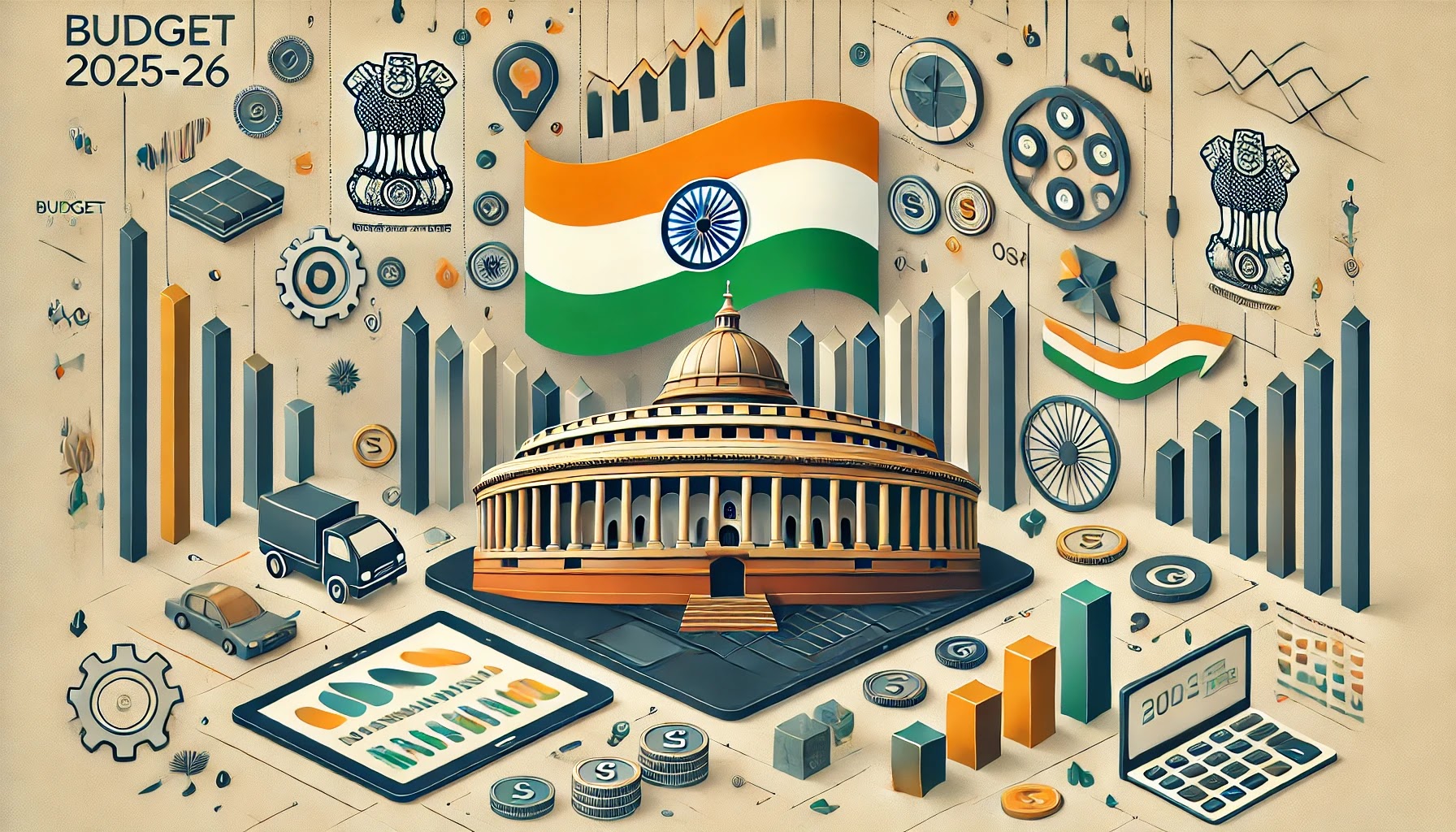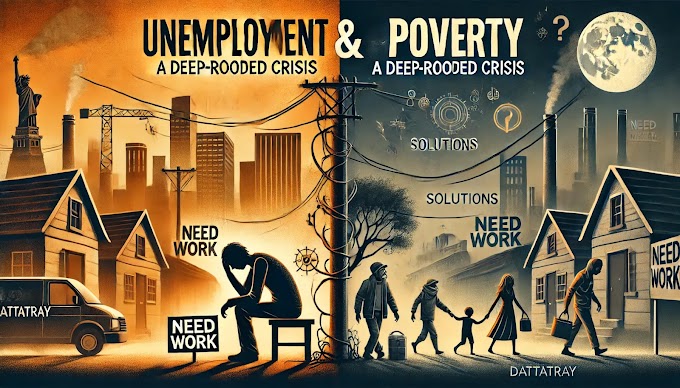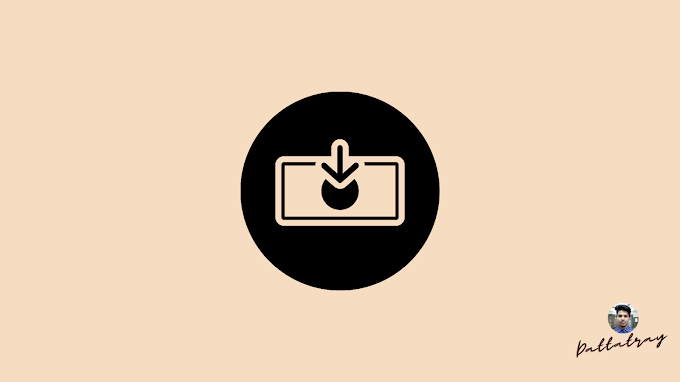Basic Concepts of Economics
Basic Concepts of Economics
Meaning of Economics :-
Economics is a social science. The origin of the term 'Economics' lies in the Greek word, 'Oikonomia' which means management of the household.
Economics is referred to as 'Queen of Social Sciences' by Paul Samuelson. Economics deals with the economic aspect of human behaviour. It deals with how human beings satisfy unlimited wants with limited means.
Key point -
- Economics is Social Science
- Economics is Greek Word - Oikonomia
- Pul Samuelson said - Queen of Social Science
Definitions of Economics : -
1) Adam Smith -
Classical economist Adam Smith, also regarded as the "Father of Economics", has given the wealth-oriented definition of Economics. Out of his many literary contributions to Economics, he is most famous for his 1776 piece of work, "An Inquiry into the Nature and Causes of Wealth of Nations". Adam Smith defines Economics as "a science of wealth".
Key points. -
- Father of Economics - Adam Smith
- Wealth of Nations - 9 March 1776
- Economics - A science of Wealth
2) Alfred Marshall -
Neo-classical economist Prof. Alfred Marshall has given the welfare-oriented definition of Economics, in the book entitled "Principles of Economics" which was published in 1890. His definition states :
"Economics is a study of mankind in the ordinary business of life. It examines that part of individual and social action, which is closely connected with the attainment and use of material requisites of well-being".
3) Lionel Robbins -
This is the most popular definition of Economics. Robbins, in his book entitled, "An Essay on the Nature and Significance of Economic Science" published in 1932 mentions about the scarcity-oriented definition of Economics.
"Economics is a science which studies human behaviour as a relationship between ends and scarce means which have alternative uses".
Branches of Economics :-
Introduction - In 1933, Sir Ragnar Frisch coined the terms Micro Economics and Macro Economics. These terms are derived from the Greek words 'Mikros' and 'Makros' respectively.
A) Micro Economics :-
Micro means small. Micro Economics deals with the behaviour of the individual variables such as a household, worker, firm, industry etc.
Kenneth Boulding:-
"Micro Economics is the study of particular firms, particular households, individual prices, wages, incomes, individual industries, particular commodities".
B) Macro-Economics :-
Introduction - Macro means large or aggregate or total. Macro-Economics is therefore the study of aggregates covering the entire economy such as total employment, national income, national output, total investment, total savings, total consumption, aggregate supply, aggregate demand, general price level etc.
Kenneth Boulding:-
"Macro Economics deals not with individual quantities as such, but with the aggregates of these quantities, not with the individual incomes but with the national income, not with individual prices but with the general price level, not with individual output but with the national output".








.png)

.png)

0 Comments